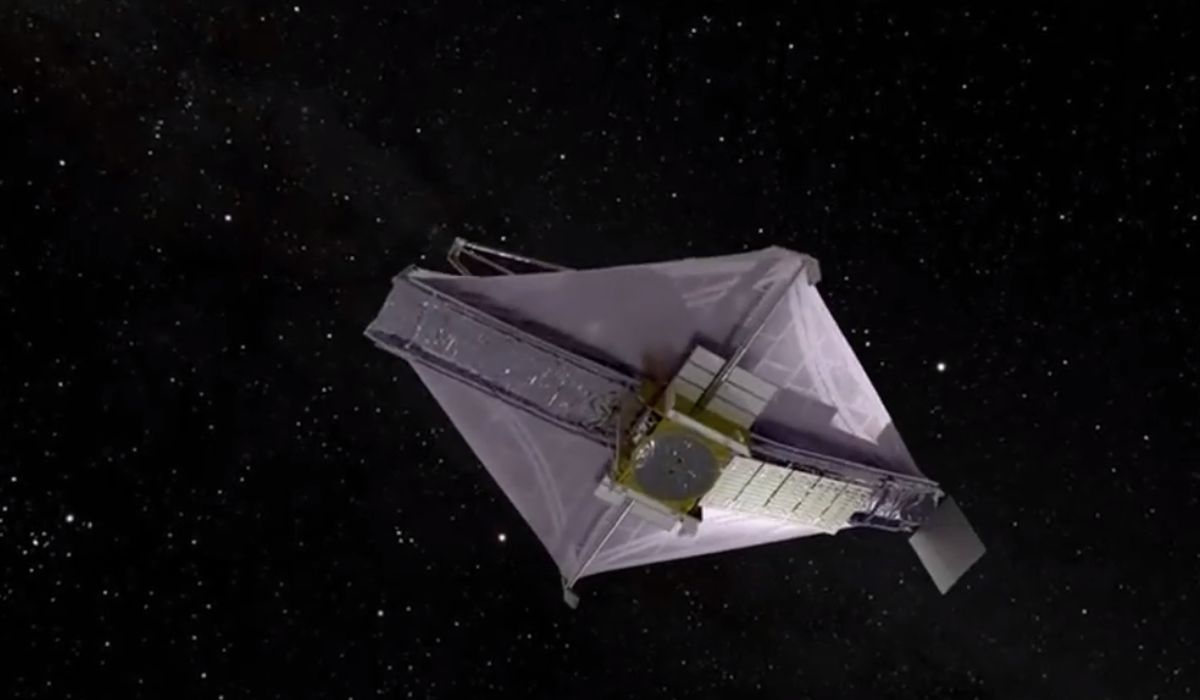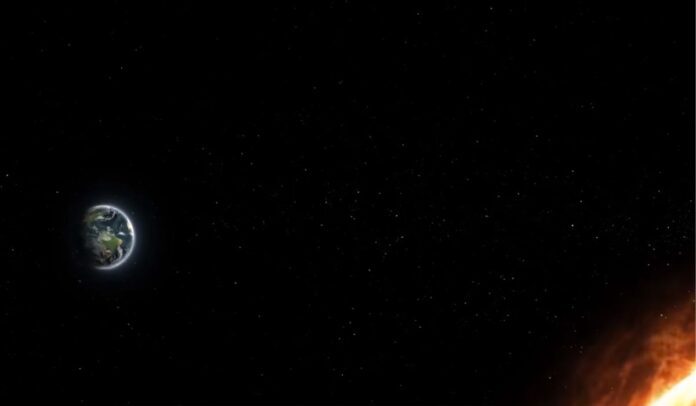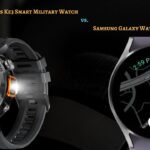Is the night ever truly pitch black? Imagine being deep in a forest on a moonless night – you’d expect utter darkness. Yet, thanks to light pollution from nearby towns and cities, the night sky isn’t as dark as you’d think.
To gauge the real depth of space’s darkness, you’d need a spacecraft to venture beyond Pluto, far from the sun’s illuminating influence. And guess what? New Horizons has done precisely that, reports Science Alert.
Read More: Maisie Galaxy
To get a real sense of space’s dark vastness, New Horizons journeyed to the fringes of our solar system to gather insights.

Back on our planet, genuine dark spots to observe the night sky are rare, mainly due to human-made lights. Only in secluded regions like the Andean desert in Chile can you witness the world’s darkest skies. From observatories there, the Milky Way shines brilliantly, bursting with stars and revealing elusive shadow constellations. This Chilean night sky is so devoid of light that the faint shadow our solar system casts on the cosmos becomes visible.
Read Also: Ammonia Rains on Saturn
However, even this isn’t complete darkness. A subtle glow in our atmosphere, resulting from ultraviolet sunlight ionizing the Earth’s upper layers, persists. Even space telescopes, including the famous Hubble, can’t witness absolute darkness, hindered by the ever-present dust in our solar system that reflects the sun’s light. But here’s where New Horizons steps in, traveling so far beyond Pluto that it escapes the sun’s radiant grasp.




























